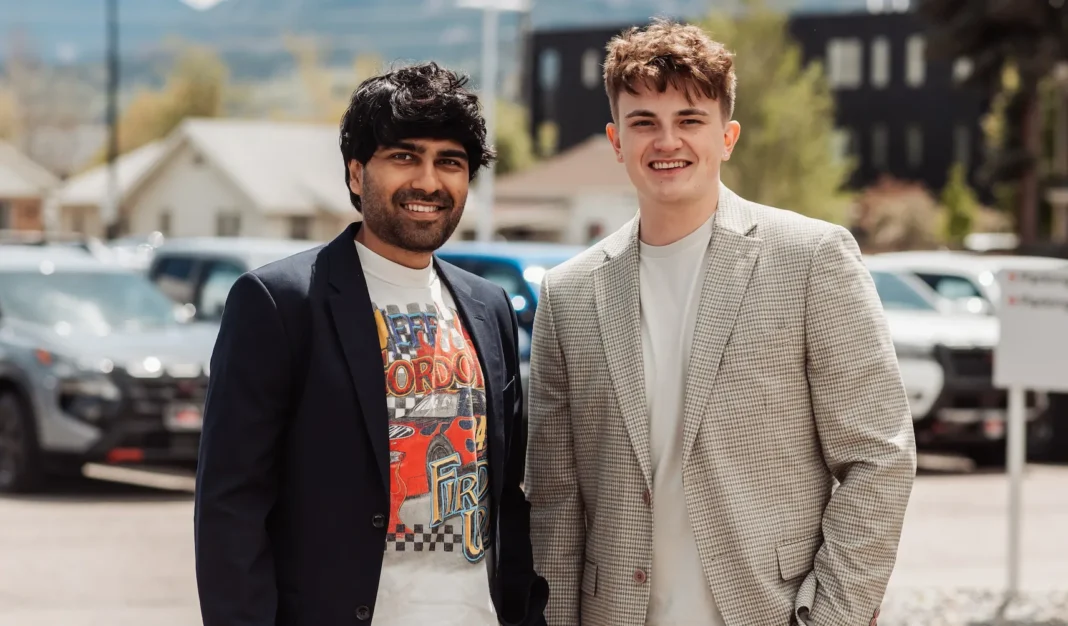When Monik Pamecha co-founded Toma, the AI voice startup, he didn’t envision himself sweating under the Mississippi sun at a rural car dealership. But that’s exactly where he found his company’s breakthrough—not in Silicon Valley’s polished boardrooms or finance hubs, but on the oil-streaked floors of America’s auto lots. And that pivot? It led to over 100 dealerships adopting Toma’s voice agents and a $17 million vote of confidence from Andreessen Horowitz (a16z).
It started with an unexpected call—literally. While Toma was still focused on banking and healthcare clients, car dealerships began reaching out, overwhelmed by the chaos of ringing phones and short-staffed front desks. Seeing a more flexible regulatory space and a real need, Pamecha and co-founder Anthony Krivonos ran an experiment: their AI would dial dealerships across the U.S. to see how often calls were answered. The result was a shocking 45% pickup rate.
So, they packed their bags and hit the road.
What followed was less tech launch, more gritty road trip. The two founders embedded themselves in dealerships across Oklahoma and Mississippi, learning the business from the inside out. They scrubbed in on service calls, shared home-cooked meals with staff, and even found themselves at a shooting range—an unexpected twist for Pamecha, a vegetarian, who chuckled about the grease on his jeans and the cultural contrast back home.
But that dedication worked. Dealerships weren’t just interested—they were all-in. And that commitment didn’t go unnoticed. According to Seema Amble of a16z, who led Toma’s $17M investment, the founders were “effectively living at these dealerships,” forging bonds that couldn’t have been created via Zoom or email.
From there, Toma evolved quickly. Their voice AI—fine-tuned with live call data from each dealership—now handles everything from scheduling service appointments to answering inventory questions, processing parts orders, and triaging leads. When the system encounters a question it can’t answer, it seamlessly hands the call to a human—and then learns from that handoff to improve.
One key backer, auto influencer Yossi Levi (aka Car Dealership Guy), highlighted the deeper industry problem: inconsistency. Call volume is erratic, and staffing for phone support is rarely optimized. Toma’s AI, he said, delivers something human teams can’t always guarantee: reliability and scale.
Each Toma implementation is tailored. After a week or two of training on a dealership’s existing calls, the AI adapts to specific needs. Whether it’s diesel-heavy fleets or hyper-local service promotions, the system adjusts. And as dealerships lean on the tech for more processes, they scale up their subscription, keeping Toma’s business model healthy.
The Series A round marks a major milestone—but the journey to get here is anything but conventional. Pamecha reflected on the summer spent in the trenches with an unmistakable fondness.
“It’s been one of the best experiences of my life,” he said. “We connected not as clients and vendors, but as people who get each other’s challenges. That changed everything”
Toma isn’t just another AI company—it’s a reminder that human connection fuels the best tech. In an era of quick pitches and fast funding, Monik Pamecha’s hands-on hustle proved that the future of automation doesn’t come from guesswork or investor decks—it comes from rolling up your sleeves, hitting the road, and truly listening.


